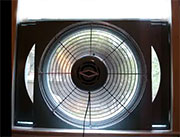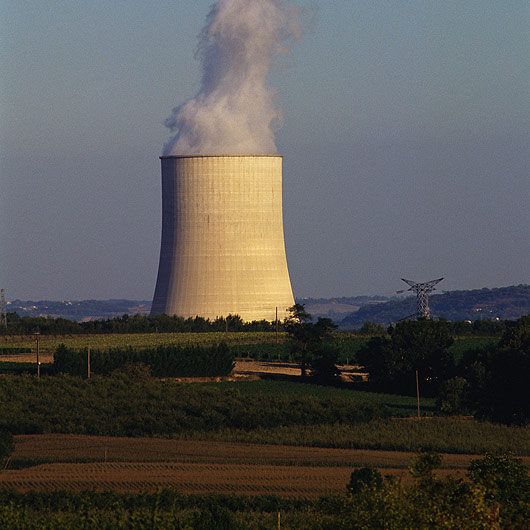
TUESDAY, Feb. 17, 2015 (HealthDay News) — When a heat wave strikes, using a fan may help keep you cool, despite some public health guidance to the contrary, new research suggests.
Previously, some public health experts have recommended against the use of electric fans, suggesting that at best, they don’t help cool you, and at worst, might make you hotter by blowing hot air on to you. But, the new study found up to a certain temperature and humidity level, fans do help cool you.
“Our study shows that if you are young and resting at home, then a fan has protective benefits up to 107.6 degrees and 50 percent humidity,” said Ollie Jay, a researcher at the University of Sydney, Australia, who led the study.
The study is published as a letter in the Feb. 17 issue of the Journal of the American Medical Association.
The current guidelines by public health officials vary, with some recommending upper limits for fan use that range from 90 degrees at 35 percent humidity to others advising no fan use above 96 to 99 degrees with no humidity level stated, according to background information in the study.
Jay and his team evaluated eight healthy men with an average age of 23. The young men sat in a chamber maintained at temperatures equal to 97 degrees or above 108 degrees.
For each temperature tested, the men sat with and without an 18-inch fan about three feet away. Then the researchers increased the relative humidity in the chambers in 15 equal increments, from 25 percent to 95 percent at the lower temperature and from 20 to 70 percent at the 108-degree temperature. They measured the men’s heart rates and core body temperatures throughout the study.
The investigators found that the fans prevented heat-related elevations in heart rate and core temperature up to about 80 percent relative humidity at 97 degrees and at nearly 50 percent humidity at 108 degrees.
However, Jay said he is not certain if the findings would apply to older adults. They would need to be studied before any conclusions could be made, he said.
What is behind the guidance not to use fans in extreme heat? Jay said he is not certain, but the guidelines may be based on the idea that “when air temperature goes above skin temperature, about 95 degrees, extra air flow will add heat to the body via convection.”
However, he said, that guideline and thinking do not seem to take into account the fact that air flow also helps the evaporation of sweat, the main way our body keeps cool, he said.
However, another expert had words of caution.
“Fans are not good for you when the temperature is over 95 degrees, for a very basic reason,” said Dr. Brahim Ardolic, chair of emergency medicine at Staten Island University Hospital in New York City.
“When it gets very hot, especially when you’re indoors, your core temperature can still rise, which could be very harmful to your body. A fan may make you feel better, but it won’t reduce your core temperature,” explained Ardolic.
“If you’re not careful, your core temperature will rise faster than you realize, and sadly, during summer heat waves, there are a few people found suffering hyperthermia [dangerously high body temperature], some of which have had fans on,” he added.
In addition, Ardolic noted, this study only looked at young, healthy men. Those at “extremes of age” are most prone to heat-related illness, he said.
Even though the study found fans could be used, at least in younger people, without apparent danger, Jay said air-conditioning is still best. “Obviously, if you have access to air-conditioning, then you should use it if you can. In some cases, however, people only have a fan.”
The typical warning signs of over-heating and heat-related illness, Jay said, are nausea, vomiting, headaches, lethargy and light-headedness. Seek medical help if you experience heat-related symptoms.
More information
To learn more about extreme heat and health, visit the U.S. Centers for Disease Control and Prevention.
Copyright © 2024 HealthDay. All rights reserved.

